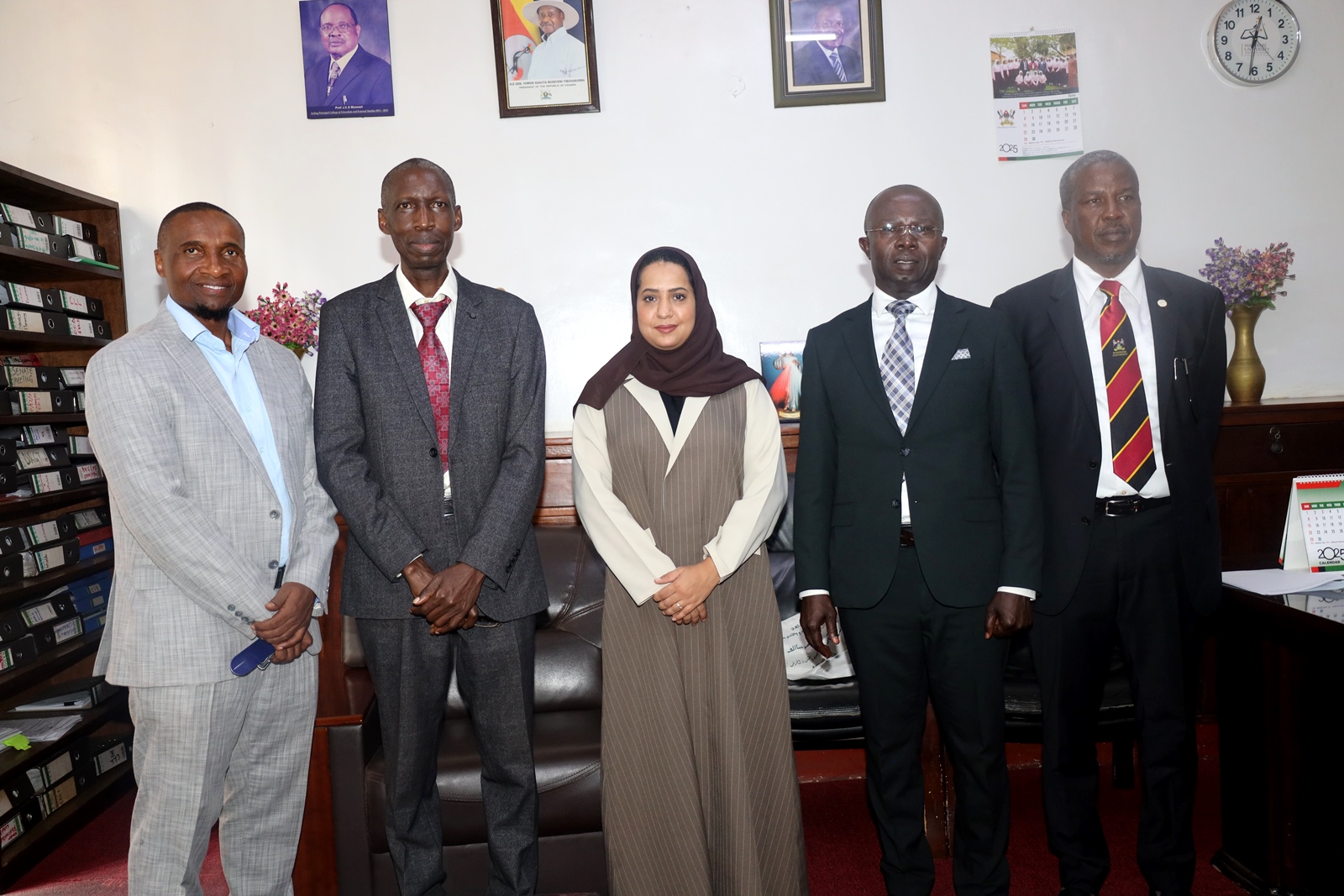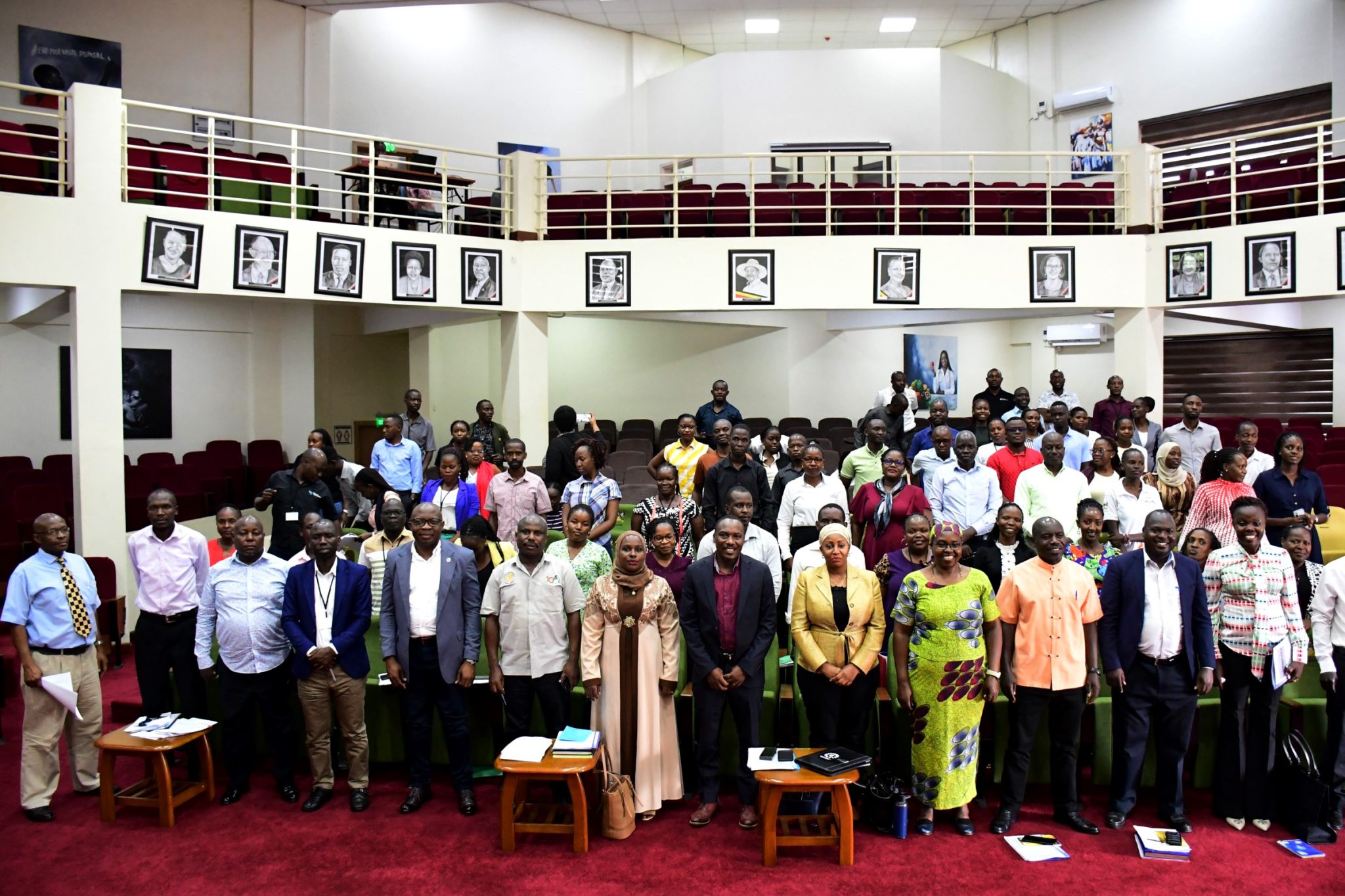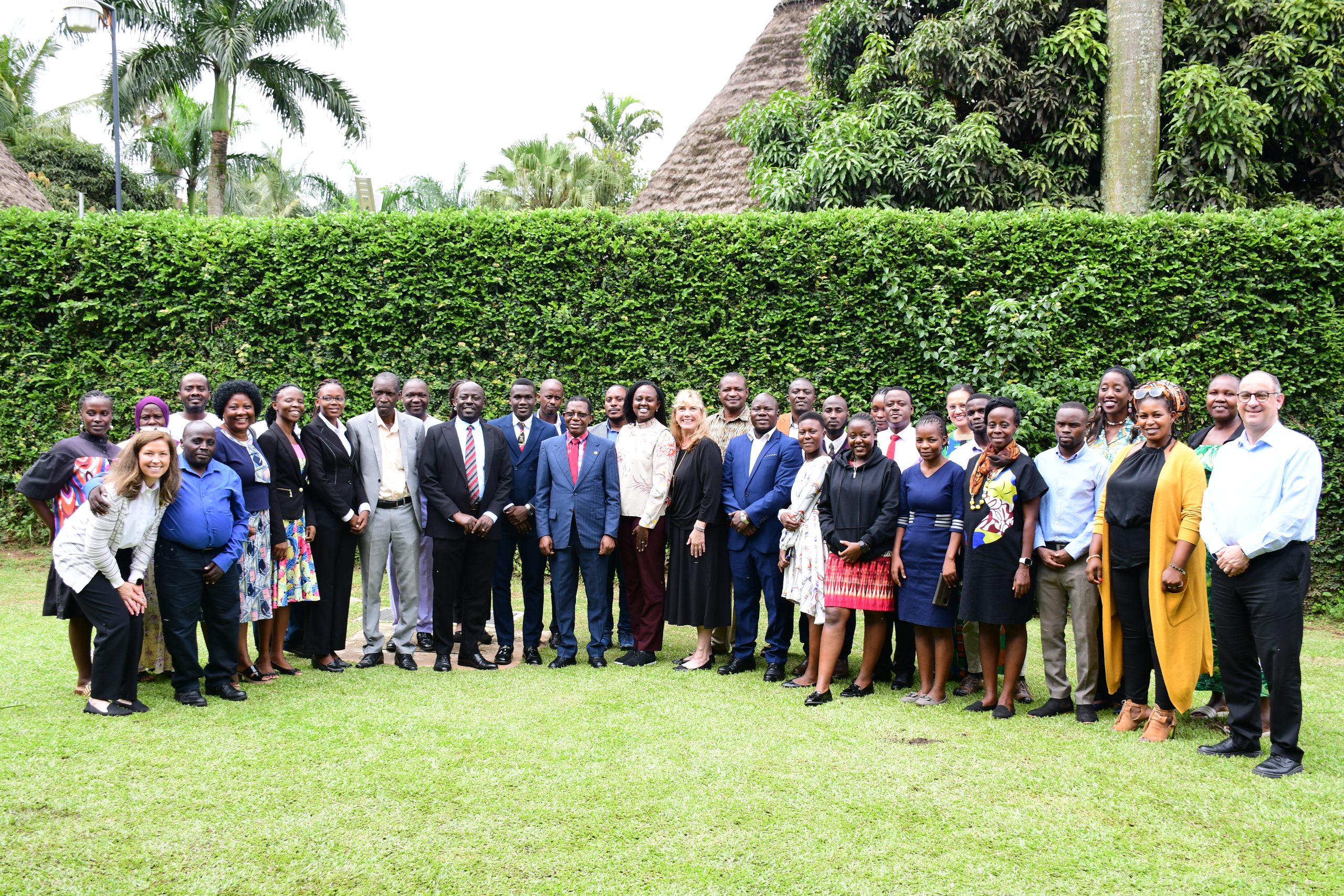The College of Education and External Studies has launched Kiswahili as one of the languages to be taught while instructing learners undertaking vocational skilling courses in government hubs distributed across the parts of Uganda.

This, the university says, will boost the market for their produced products.
“Our target is to create market links that transcend the Ugandan boarders. We believe by the end of the course, our students will be able to speak Kiswahili fluently,” Ms Constance Kembabazi, Wandegeya training centre Administrator said on Monday, April 24 during the launch at Makerere University.
While speaking at the event, Prof. Mathias Mulumba, the Dean of Students at the School of Education re-echoed that Kiswahili will link the students’ products to the East African community market.
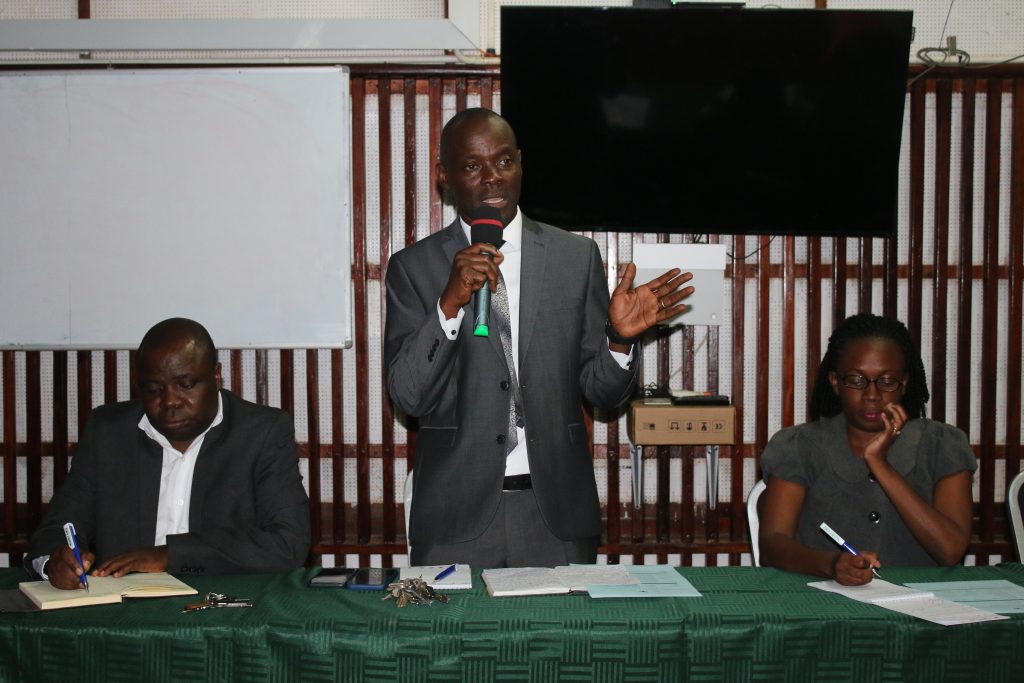
“Language is so important, without it I don’t know whether we would be where we are. Uganda is blessed to have a number of languages and Kiswahili is one of the official languages we have and this has helped us to connect with our brothers in the East African community.” he said.
He added that for the good of this regional language, it was even instituted as one of the compulsory subjects at the Ordinary level in the new curriculum.
“Kiswahili is the language that fosters trade in the region. We should therefore, not take this initiative for granted.”
He used from same event to urge parents to use Kiswahili while communicating with their children at home. “Please try to communicate with them in Kiswahili, but not forgetting other indigenous languages. If you all use it, it will spread like wild fire and promote patriotism because it will make the youth forget their ethnics.”
Prof Anthony Mugagga Muwagga, Principal College of Education and External Studies (CEES), applauded the government for the initiative and asked for more skilling equipment to what was earlier provided to learners at Wandegeya training point.
“He asked for more sewing machines saying, “The skilling project will help girls more especially slum dwellers who are exposed to the sex trade.”
Dr Levi Masereka, the Project Principal Investigator (PI), appreciated all partners who ensured the project was initiated. “Integrating Kiswahili Literacy in Vocational Skilling among the vulnerable youths in Uganda, is a project of Makerere University Research and Innovations Fund (MakRif) and we thank the Government of Uganda that embraced our initiative.” he said on Monday.
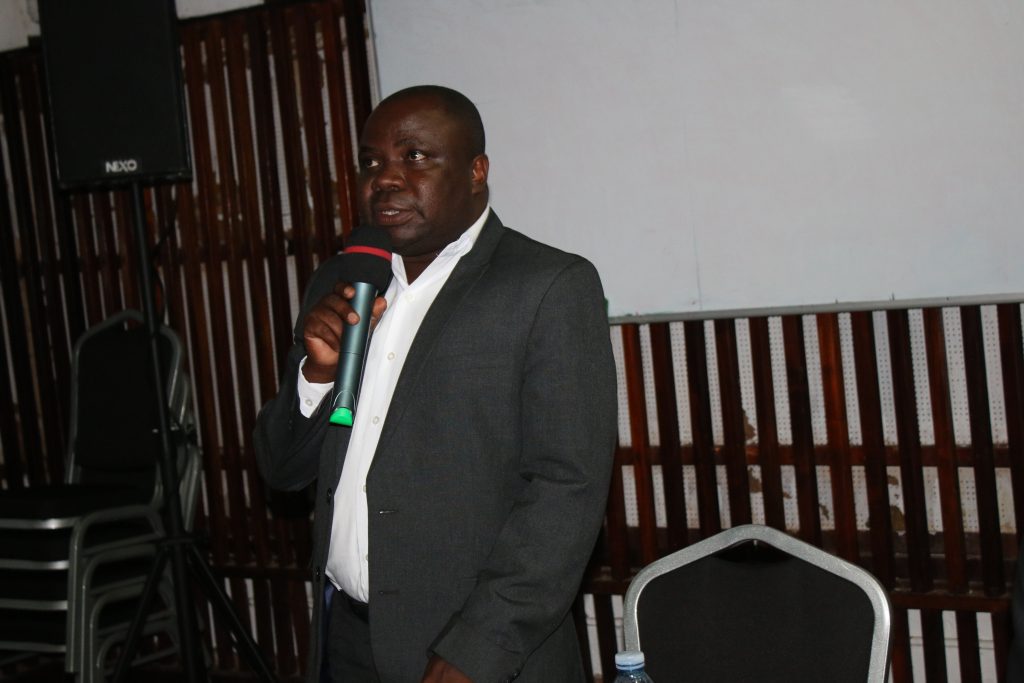
To foster learning of Kiswahili, Dr. Muhammad Musoke Kiggundu, the Head of Department of Humanities and Languages Education, said they have designed a certificate course of Kiswahili that is going to be availed for those willing to take it up.
“This course will help to unify youths having the training and will as well aid in marketing their products.” he noted.
Making Kiswahili the training language in skilling hubs is in reference to the treaty for the establishment of the East African Community Article 137, which provides that Kiswahili shall be the Lingua Franca of the community.
In the same line, The East African Legislative Assembly in September 2016, passed a bill that permits Kiswahili operations through a deliberate language policy.
This policy aims at achieving a literate trilingual population that can linguistically function at a local level using a native language and, at the regional level using regional lingua franca.
Vocational skilling of vulnerable youths in Uganda started way back in 2017, offering courses for both girls and boys in Knitting, bakery, basket weaving, shoe making, tailoring, hair dressing and cosmetology. Others include Electrical Installation, welding, mechanics among others.
When recruiting trainees, no educational qualifications are required and the target is to impart vocational skills in youths between 15 and 35 years who are first subjected to a-six-months course learning.
From the nine vocational training centres distributed in all Divisions of Kampala, this semester alone, they registered 5,553 students, with 3507 girls and 2046 boys, according to statistics.



